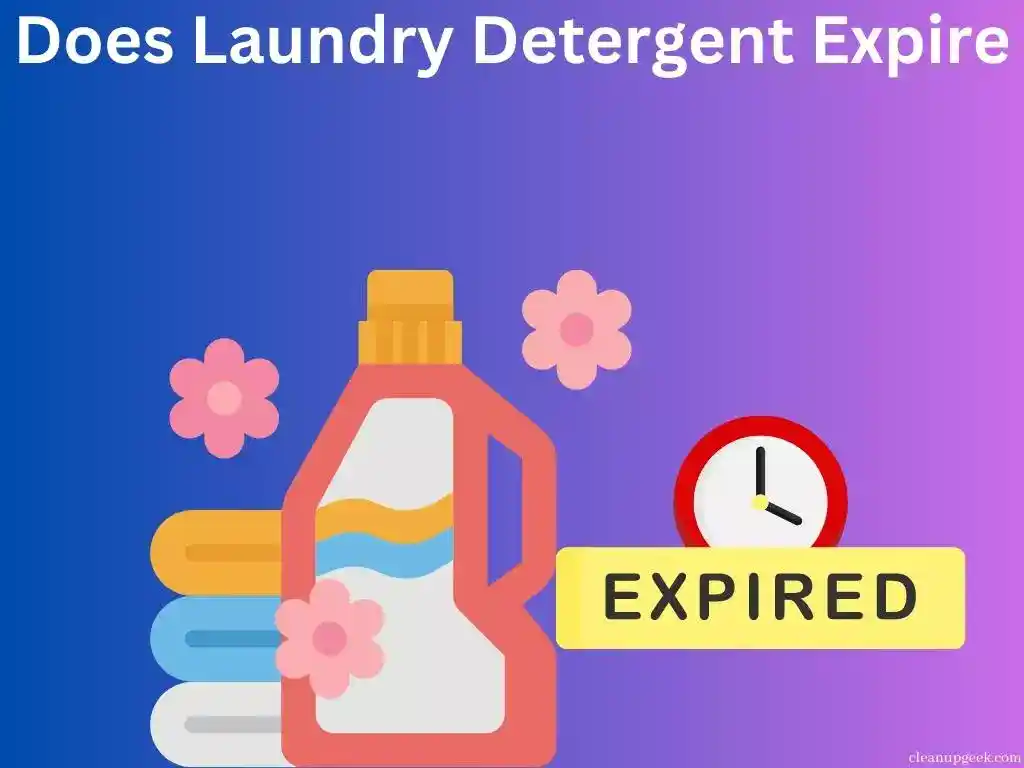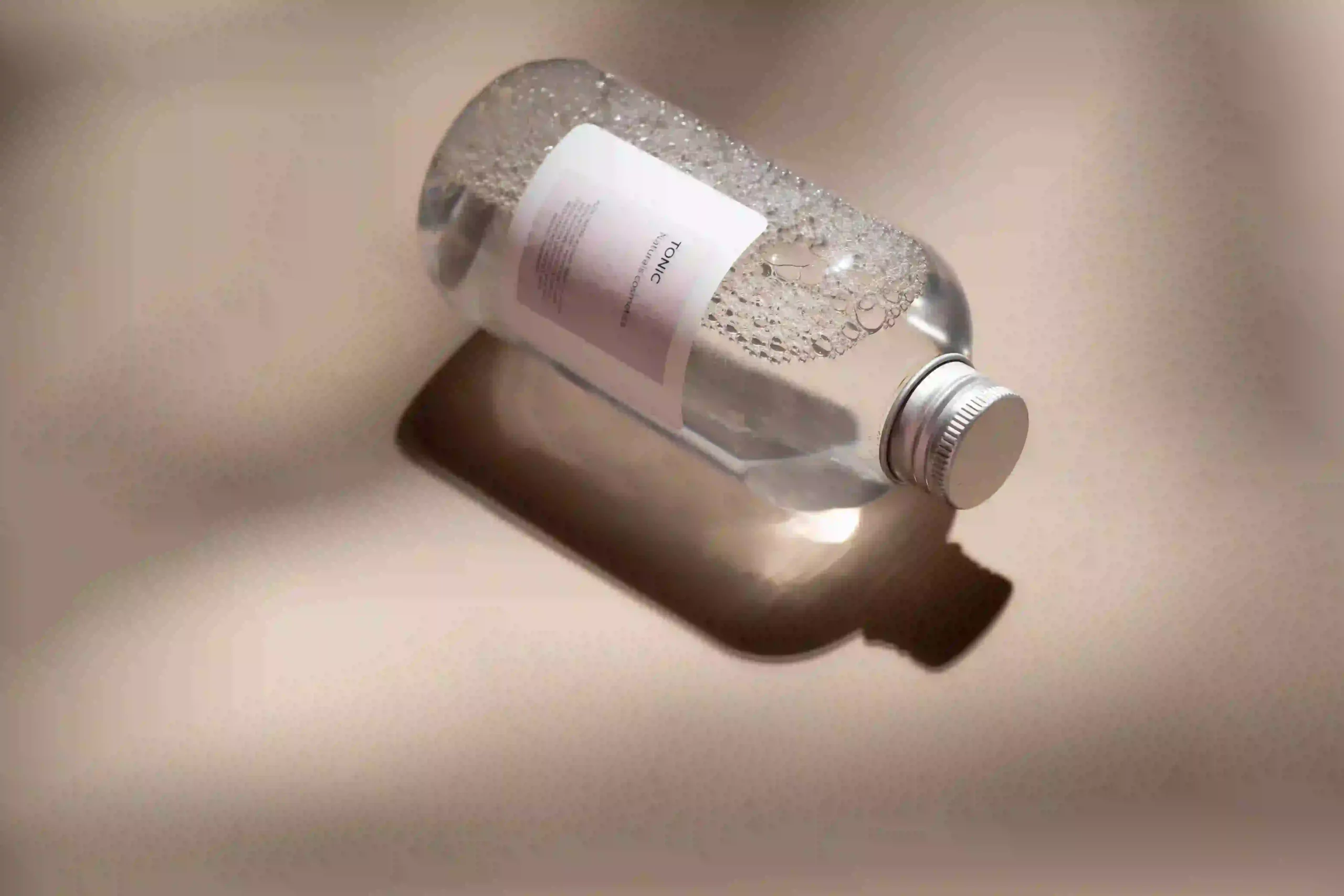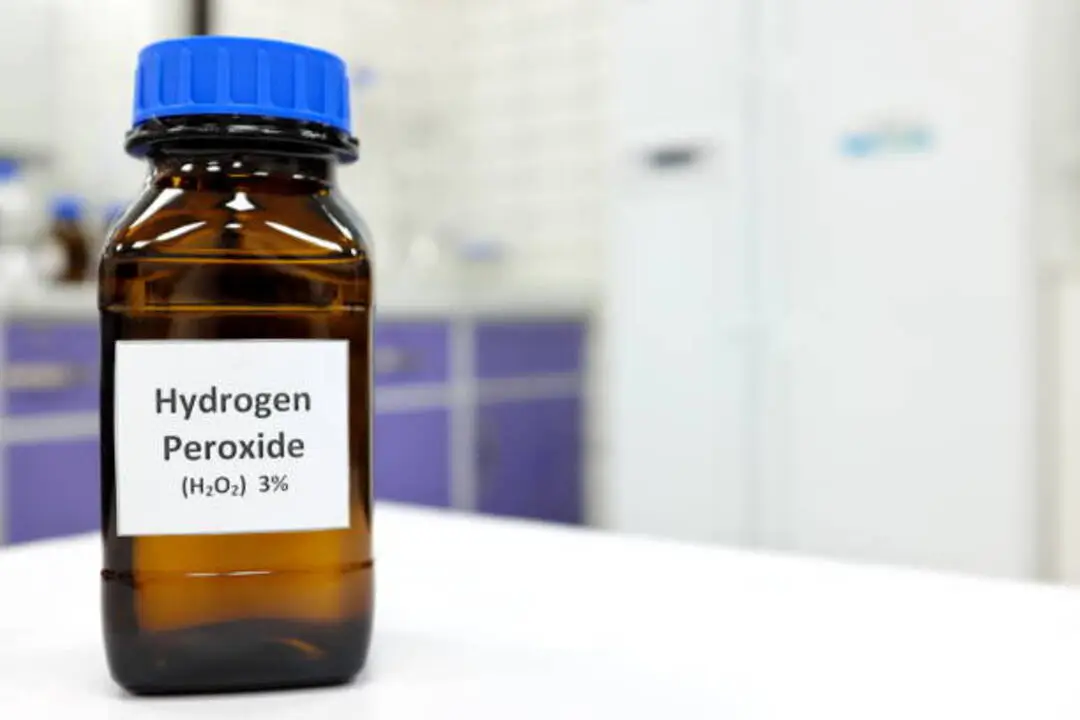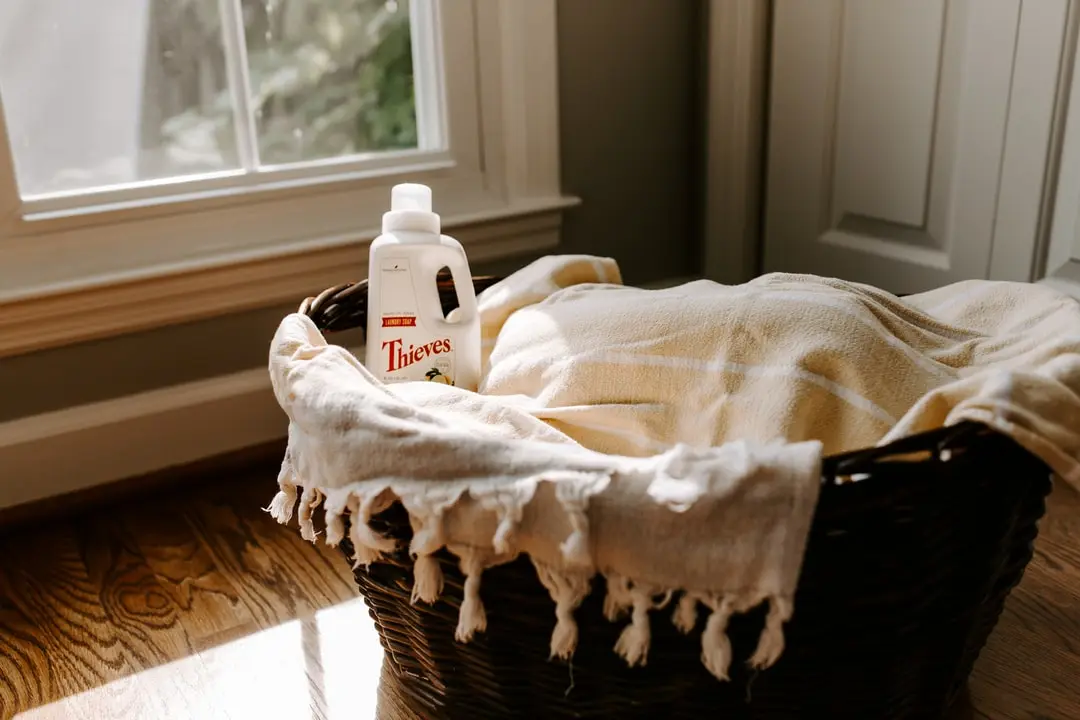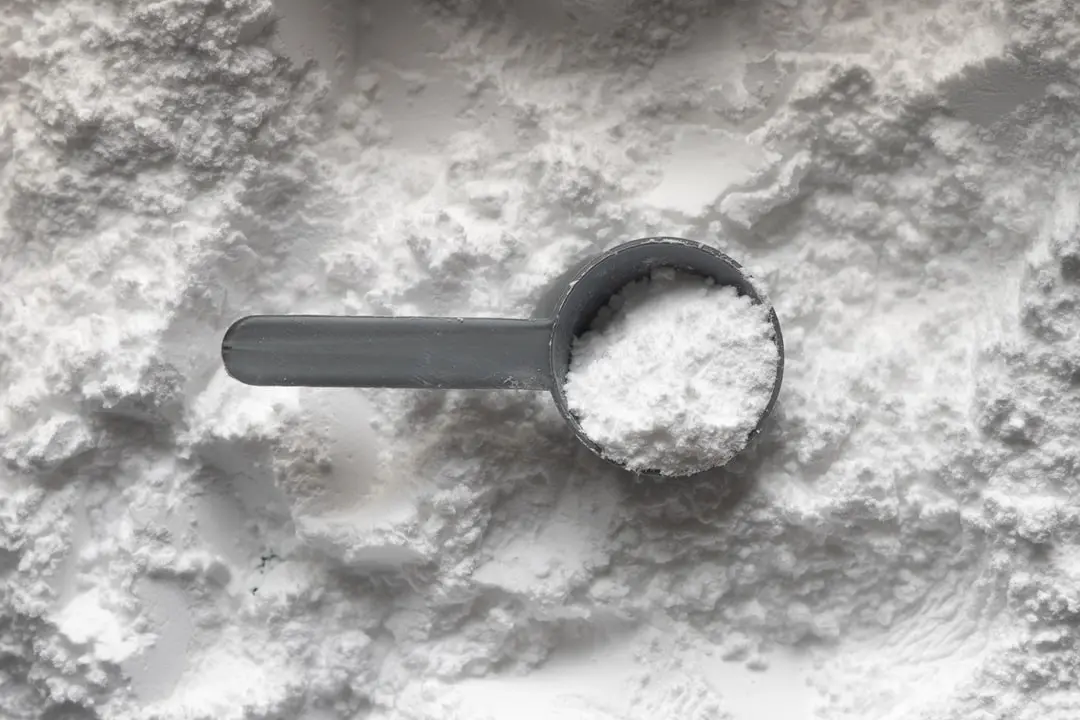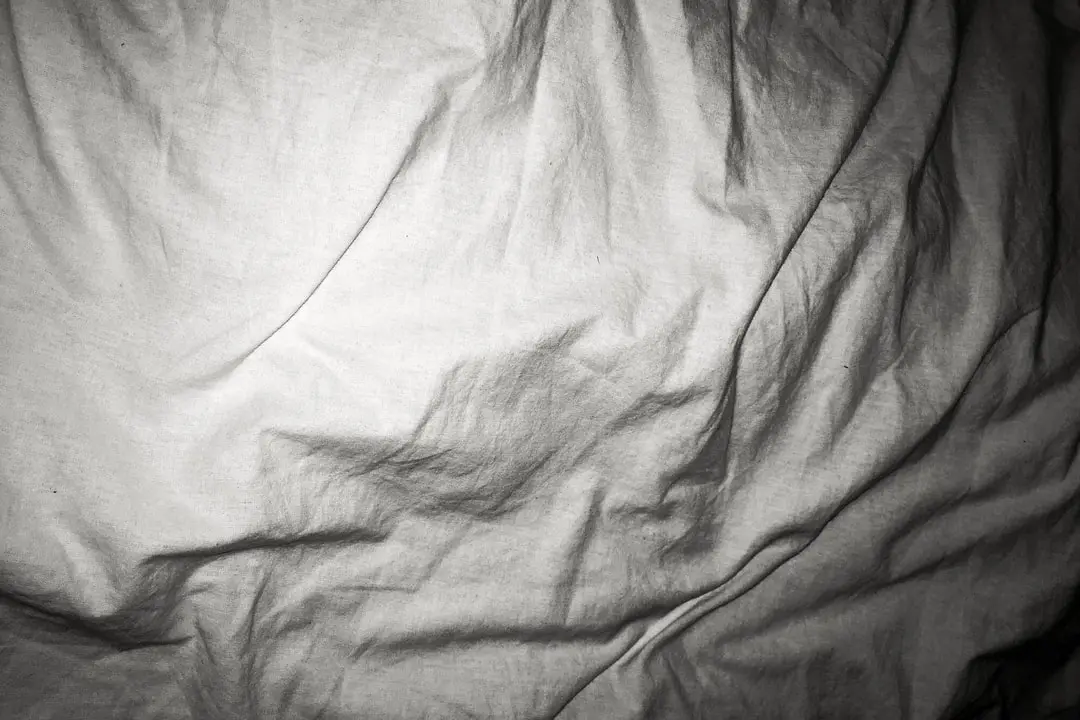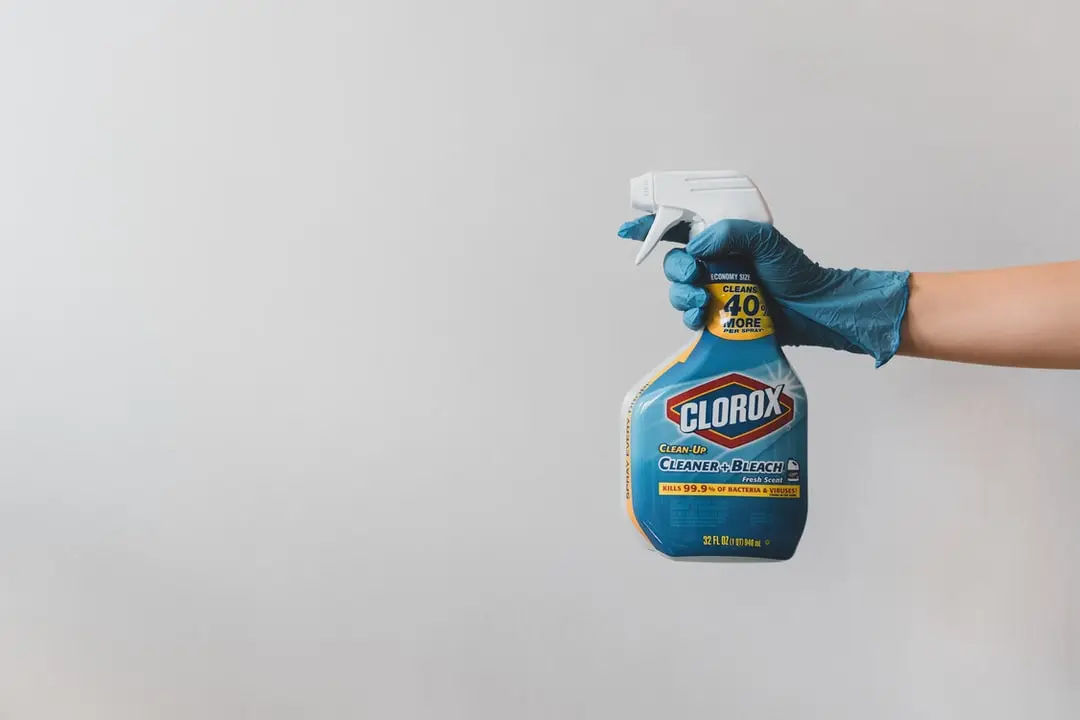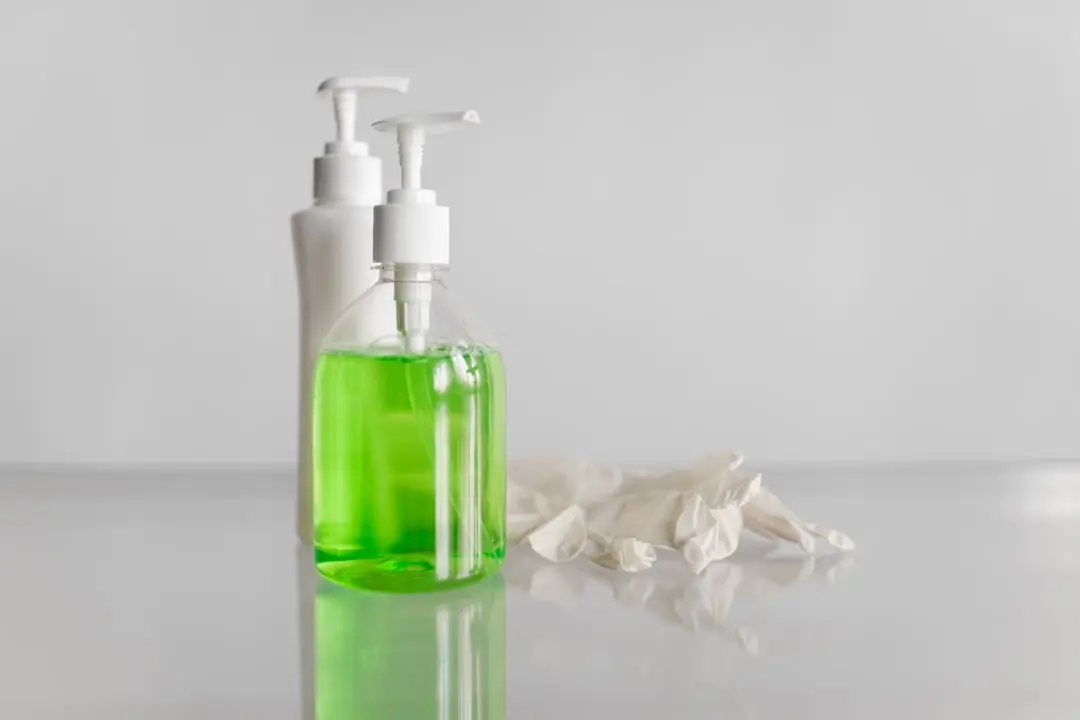Ever stared at your laundry pile and wondered if that bottle of detergent in the corner is still effective? While it’s true that most detergents don’t have a clear expiration date, their effectiveness can diminish over time.
This article dives into the lifespans of various types of laundry detergents, signs they may have expired, and how to store them for maximum longevity. Stay tuned – there’s more to your suds than meets the eye!
Key Takeaways
- Laundry detergent does have a shelf life, although it varies depending on the type. Liquid detergent can last 9 months to 1 year unopened and maintain effectiveness even after it’s been opened. Powdered detergents can hold up well over time if stored properly.
- Single-dose detergent packs, like Tide Pods, have a shorter shelf life of about 6 months due to the breakdown of the polyvinyl film encasing the concentrated detergent.
- Signs that laundry detergent has expired include changes in smell (sour or chemical odor), texture (clumping or lumps in liquid detergents), and color (discoloration or fading).
- Using expired laundry detergent can result in reduced cleaning power, potential skin irritation, and stains/residues on clothing. It’s important to check expiration dates and replace expired products for optimal cleaning results. Proper storage in cool, dry places with tight sealing is key to extending shelf life.
Factors That Affect the Shelf Life of Laundry Detergent

Factors that can affect the shelf life of laundry detergent include exposure to moisture and extreme temperatures. To learn more about how these factors impact your detergent’s effectiveness and how you can extend its shelf life, keep reading.
1. Exposure to moisture
Exposure to moisture is one of the main factors that can affect the shelf life of laundry detergent. When laundry detergent comes into contact with moisture, it can cause clumping or caking.
This not only affects its texture but also reduces its effectiveness in cleaning your clothes. To prevent this from happening, it’s important to store your laundry detergent in a cool and dry place.
Make sure to seal the container tightly after each use and avoid exposing it to any sources of moisture. By taking these simple steps, you can help extend the shelf life of your laundry detergent and ensure that it remains effective for longer periods of time.
2. Extremes of temperature
Extreme temperatures can have a significant impact on the shelf life and effectiveness of laundry detergent. Both high heat and freezing temperatures can cause problems for your detergent.
Heat can lead to liquid detergents separating or becoming less effective, while freezing temperatures can actually freeze the liquid detergent, altering its chemical composition. Temperatures below 10°C (50°F) are especially concerning as they can cause liquid detergent to freeze and potentially change its effectiveness.
It’s important to store your laundry detergent in a cool, dry place to avoid these temperature extremes and ensure that it remains effective for as long as possible.
Does Laundry Detergent Expire?
Laundry detergent does have an expiration date, although it varies depending on the type of detergent.
Shelf life of liquid detergent
Liquid laundry detergent, a common staple in most households, has a shelf life that varies depending on whether it’s been opened. Fresh from the store and unopened, liquid laundry detergent retains its cleaning power for nine months to one year after the purchase date.
But even with an opened bottle in your hands, you don’t need to stress over immediate usage. This formula continues to ward off dirt and grime effectively though its potency may dwindle gradually over time.
It’s vital to note that beyond the recommended shelf life of liquid detergents, their effectiveness cannot be fully guaranteed, making it essential to keep track of when you buy your household products.
Shelf life of powdered detergent
Powdered laundry detergent boasts an impressive shelf life. With the right storage conditions, it maintains its cleaning power for a substantial period. Manufacturers typically refrain from asserting a fixed expiration date for sealed powdered detergents; their chemical composition allows them to hold up over time without losing efficacy.
Despite no official expiry, using this type of detergent within a year of purchase is recommended.
Exposure to moisture can compromise the potency of your powdered laundry detergent. It’s not that the product will go bad or become harmful, but rather it begins to degrade and clump together.
This reduces its capacity to dissolve properly in water and can lead to less effective cleaning results. Therefore proper storing – in cool, dry places with the packaging tightly sealed – is pivotal for maintaining optimal quality.
Shelf life of single-dose detergent
Single-dose laundry detergent pacs, such as Tide Pods, offer convenience and precision in every wash. However, they have a shorter shelf life compared to their liquid and powdered counterparts.
Typically, these single-dose detergent pacs maintain optimal cleaning power for about six months post-purchase date. The polyvinyl film that encases the concentrated detergent starts to break down after this period resulting in less effective cleaning performance.
Proper storage is crucial; keep these packs in a cool and dry place and well-sealed to prevent moisture absorption which can hasten degradation or make them sticky and hard to separate.
Factors that can affect Laundry detergent expiration
- Exposure to high temperatures can accelerate the expiration of laundry detergent.
- Moisture can cause the ingredients in the detergent to break down and become less effective over time.
- Light exposure can degrade certain chemicals in the detergent, reducing its cleaning power.
- Improper storage, such as leaving the detergent open or not sealing it tightly after each use, can lead to faster expiration.
Signs of Expired Laundry Detergent And Why There is an Expiration Date on Laundry Detergent
Expired laundry detergent can exhibit changes in smell, texture, or color. If you notice any of these signs, it may be time to replace your detergent. To learn more about the impact of using expired laundry detergent and how to properly store and handle it, continue reading.
1. Changes in smell, texture, or color
Expired laundry detergents can exhibit noticeable changes in smell, texture, or color. These signs can indicate that the detergent is no longer effective and should be replaced. Here are some key indicators to watch out for:
- Smell: An expired laundry detergent may have a sour or off-putting odor. If your detergent smells different than usual or has a strong chemical scent, it’s likely past its prime.
- Texture: Clumping or clabbering of liquid detergents is a common sign of expiration. The liquid may become thicker or develop lumps, making it difficult to pour or dissolve properly.
- Color: Changes in color can also signify an expired laundry detergent. If the liquid becomes discolored or the powder appears faded, it’s an indication that its effectiveness may have decreased.
2. Reduced cleaning power
Expired laundry detergent can have reduced cleaning power, which means it may not be as effective at removing stains and odors from your clothes. Over time, the active ingredients in the detergent can break down or lose their potency, resulting in less effective cleaning results.
This can leave your clothes looking dull or still stained even after a wash. To ensure optimal cleaning power, it’s important to check the expiration date on your laundry detergent and replace it if it has expired.
Keeping track of the shelf life of your detergent will help you maintain fresh and clean clothing every time you do laundry.
The Impact of Using Expired Laundry Detergent

Using expired laundry detergent can have various negative effects on your clothes and skin. It may result in less effective cleaning, potential skin irritation, and the presence of stains or residues on your clothing.
To find out more about these impacts and how to properly store and handle laundry detergent to extend its shelf life, continue reading.
1. Less effective cleaning
Using expired laundry detergent can result in less effective cleaning. Over time, the active ingredients in the detergent may degrade, reducing their ability to remove stains and odors from your clothes.
This means that even though you’re still using detergent, your laundry may not come out as clean as it should be. To ensure optimal cleaning performance, it’s best to use fresh laundry detergent within its recommended shelf life.
By doing so, you’ll be able to enjoy cleaner and fresher-smelling clothes after each wash.
2. Potential skin irritation
Using expired laundry detergent can potentially cause skin irritation and unpleasant side effects. When the chemicals in detergent break down over time, they become less effective and may not properly clean your clothing.
Additionally, expired detergents can leave behind stains or residues on your clothes, which can further irritate your skin. It is important to remember that powdered laundry detergents do not typically expire or lose effectiveness unless they have been exposed to moisture.
However, clumpy or clabbered liquids are the exception and should be discarded if found. To avoid potential skin irritation, it is best to check the expiration date on your detergent packaging and replace it if needed.
3. Stains and residues on clothing
Using expired laundry detergent can potentially leave stains and residues on clothing, which can be frustrating for anyone who takes pride in keeping their clothes clean.
When laundry detergent expires, its cleaning power diminishes, making it less effective at removing dirt, grime, and stains from fabrics.
This means that even after washing your clothes with expired detergent, you may find that they still have visible stains or an unpleasant odor. Additionally, the residues left behind by expired detergent can build up over time and make your clothes feel stiff or look dull.
To avoid these issues, it’s best to check the expiration date on your laundry detergent before use and replace any expired products with fresh ones to ensure optimal cleaning results.
Proper Storage and Handling to Extend Shelf Life of Laundry Detergent

To extend the shelf life of your laundry detergent, store it in a cool, dry place and seal the container tightly after each use. Avoid exposing it to moisture, as this can cause powdered detergents to clump or liquid detergents to degrade faster.
It’s also important to follow the manufacturer’s recommendations for proper storage and handling.
1. Keep in a cool, dry place
To ensure the longevity and effectiveness of your laundry detergent, it is crucial to store it in a cool and dry place. Extreme heat or moisture can negatively impact the quality of the detergent, causing it to lose its cleaning power or even develop mold.
By keeping your detergent away from direct sunlight and humidity, you can extend its shelf life and maintain its freshness. So be sure to find a storage spot that meets these criteria, such as a pantry or laundry room cabinet, for optimal results.
2. Seal tightly after each use
To maximize the shelf life of your laundry detergent and prevent it from expiring prematurely, it is crucial to seal the container tightly after each use. This simple step helps to protect the detergent from exposure to air and moisture, which can degrade its effectiveness over time.
By ensuring a tight seal, you can maintain the quality of your detergent for longer periods, allowing you to get the most out of each bottle or box. Remember that proper storage and handling play a significant role in extending the lifespan of your laundry detergent, so don’t forget to seal it tightly after every use.
3. Avoid exposure to moisture
To prolong the shelf life of your laundry detergent, it is essential to avoid exposure to moisture. Moisture can cause powdered detergents to clump or solidify, making them less effective when used.
Similarly, liquid detergents can develop mold or bacteria growth if exposed to moisture for an extended period. To prevent this, make sure you store your detergent in a cool and dry place away from any water sources.
Keep the container tightly sealed after each use to maintain its quality and effectiveness. By taking these precautions, you can ensure that your laundry detergent remains in optimal condition for longer periods of time.
4. Follow the manufacturer’s Storage recommendations
To ensure the longevity and effectiveness of your laundry detergent, it’s important to follow the manufacturer’s recommendations for storage and handling. Different brands and products may have specific instructions on how to best preserve their quality.
This could include keeping the detergent in a cool, dry place, sealing it tightly after each use, and avoiding any exposure to moisture. By adhering to these guidelines, you can maximize the shelf life of your laundry detergent and continue to enjoy its cleaning power for longer periods of time.
Frequently Asked Questions

1. Does laundry detergent expire?
Yes, laundry detergent can expire. While the expiration date varies depending on the brand and type of detergent, most liquid or powder laundry detergents are good for about 6-12 months after the manufacturing date.
2. How can I tell if my laundry detergent has expired?
Expired laundry detergent may have a change in color, texture, or scent. It might also become less effective at cleaning clothes and removing stains. Checking the packaging for an expiration date is another way to determine if it has expired.
3. What happens if I use expired laundry detergent?
Using expired laundry detergent may result in clothes that aren’t as clean or fresh-smelling as they should be. The effectiveness of stain removal and odor elimination may decrease over time, leading to unsatisfactory results.
4. Can I still use expired laundry detergent?
While using expired laundry detergent is generally safe, it’s best to replace it with a fresh product for optimal cleaning performance. If you’re unsure whether your old laundry detergent is still effective, it’s worth investing in a new one to ensure your clothes come out clean and smell great.
Conclusion and final thoughts 💭
In conclusion, while laundry detergent may not have a specific expiration date, it is important to be aware of signs that indicate it has gone bad. Changes in smell, texture, or color can signal that the detergent is no longer effective.
Using expired laundry detergent can result in less effective cleaning and potential skin irritation. To extend the shelf life of your detergent, store it properly in a cool, dry place and follow the manufacturer’s recommendations for usage and storage.
The bottom line is to stay vigilant about checking the quality of your laundry detergent to ensure optimal cleaning results.
